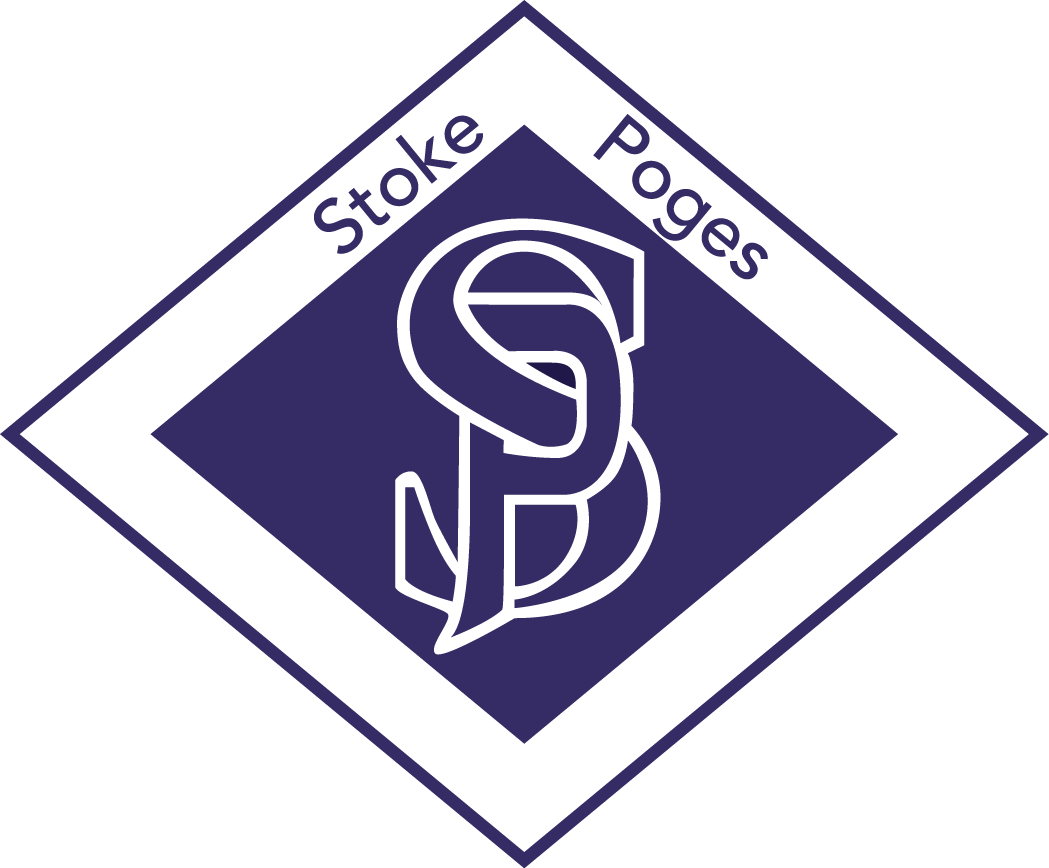We are Athletes
Physical Education (PE) and Sport
What are we aiming for?
Our Physical Education (PE) curriculum aims to create children who:
- Understand the importance of leading a healthy and active lifestyle, including nutrition
- Are motivated and enthusiastic about sporting activities
- Have the skills, confidence and resilience to achieve personal success in a range of sports, including swimming and alternative sports
- Understand the importance of team work and demonstrate good sportsmanship
How do we achieve this?
The curriculum is split into the following areas:
- Dance
- Gymnastics
- Athletics
- Net/Wall
- Striking and fielding
- Invasion
- OAA
- Swimming
- Fitness
- Alternative Sports
The skills associated with these areas are built upon and revisited from Early Years to Year 6 using the Get Set 4 PE scheme of work. Each half term, children are exposed to two different areas, occasionally with the input of specialist coaches. Within each area, they will: acquire and develop skills, select and apply skills, develop knowledge and understanding and evaluate and improve their performance.
Physical Education in the Early Years
During the EYFS the essential fundamental movement skills of physical education are established. There are regular opportunities for children to carry out PE activities across all areas of learning. By the end of the EYFS children should be able to:
- Negotiate space safely with and around others
- Learn how to handle and use different equipment
- Explore a variety of running, jumping, hopping, skipping and balancing skills
- To play games fairly through taking turns
Children will have the opportunity to take part in games and activities that explore the fundamental movement skills in a safe and positive environment. They will be able to develop their ideas around movement and be encouraged to use creativity to achieve their personal best.
Physical Education in Key Stage 1 and 2
In Key Stage 1, the focus is on improving agility, balance and coordination alongside the skills needed to participate in competitive sport further up the school. This is acquired through experiencing co-operative and competitive sports, dance and gymnastic situations. The skills required to play competitive sports later in school begin here, with children being taught to run, jump, throw and catch, as well as begin to play team games to learn the difference between defence and attack. Children will also begin to evaluate their own performances as well as others, by saying what they like and what could be improved.
In Key Stage 2, the process continues, with children learning a broader range of skills and applying them to a wide range of sports, with focus on communication. Throughout this key stage, children are exposed to a range of different sports in order for them to make informed choices about their own healthy and active lifestyles. An increased number of opportunities will be available for the children to develop their competitive skills as well as representing the school in local competitions. The children will continue to evaluate performances using sport specific phrases. Children will be introduced to outdoor and adventurous activities through orienteering.
Children also have the opportunity for physical activity during morning and lunchtime breaks on the playground and field, which are well stocked with resources. Qualified sports coaches, together with our play leaders, support with active sport and playground games at lunchtime.
During the summer term, Sports Days are held for all children covering traditional sporting activities. However, the focus during these events is also on participation and enjoyment. Inter-school competitions are scheduled each year to allow children to compete in sports they excel in. Children are then encouraged to pursue their strengths at a local or national level.
Assessment and monitoring
In PE, teachers assess children’s progress by making observations during lessons and through discussions. Evidence from independent games and activities at the end of each lesson will inform future lessons, ensuring children are supported and challenged appropriately. Teacher judgements and assessment information is tracked using the Get Set 4 PE assessment tools.
PE is monitored through a variety of strategies, including: lesson ‘drop ins’, planning and pupil voice activities.
South Buckinghamshire School Sports Partnership
We have joined a cluster of over 40 primary schools in Buckinghamshire that is run by Alfriston High School, Beaconsfield. Our full membership allows us access to:
- Specialist PE teaching staff with a wealth of experience who work alongside our teachers to improve PE teaching
- A network of schools for continued professional development opportunities and shared good practice
- A wide range of sports festivals which allow competition above intra level to increase children’s participation in national school games competitions.
